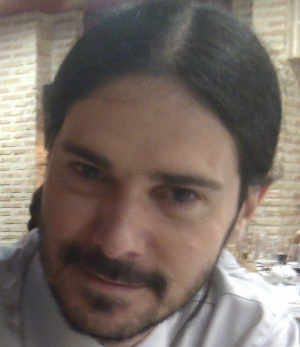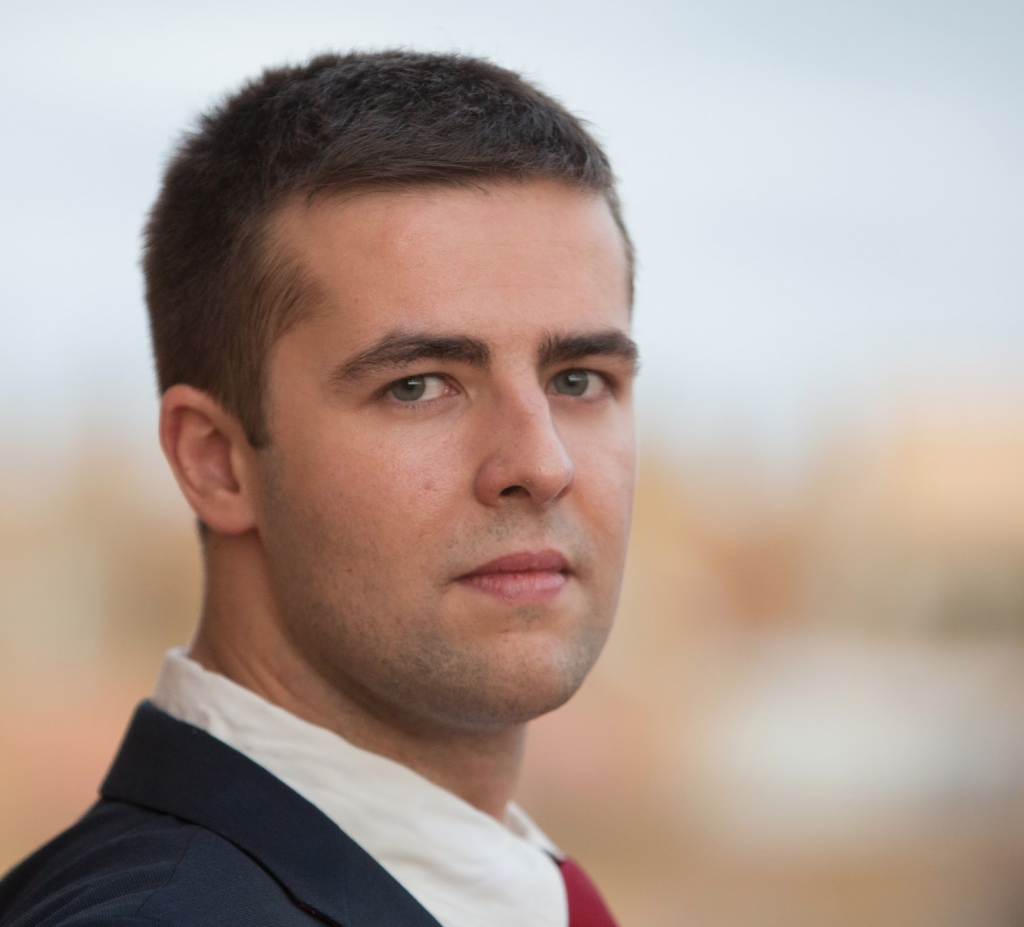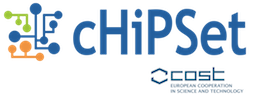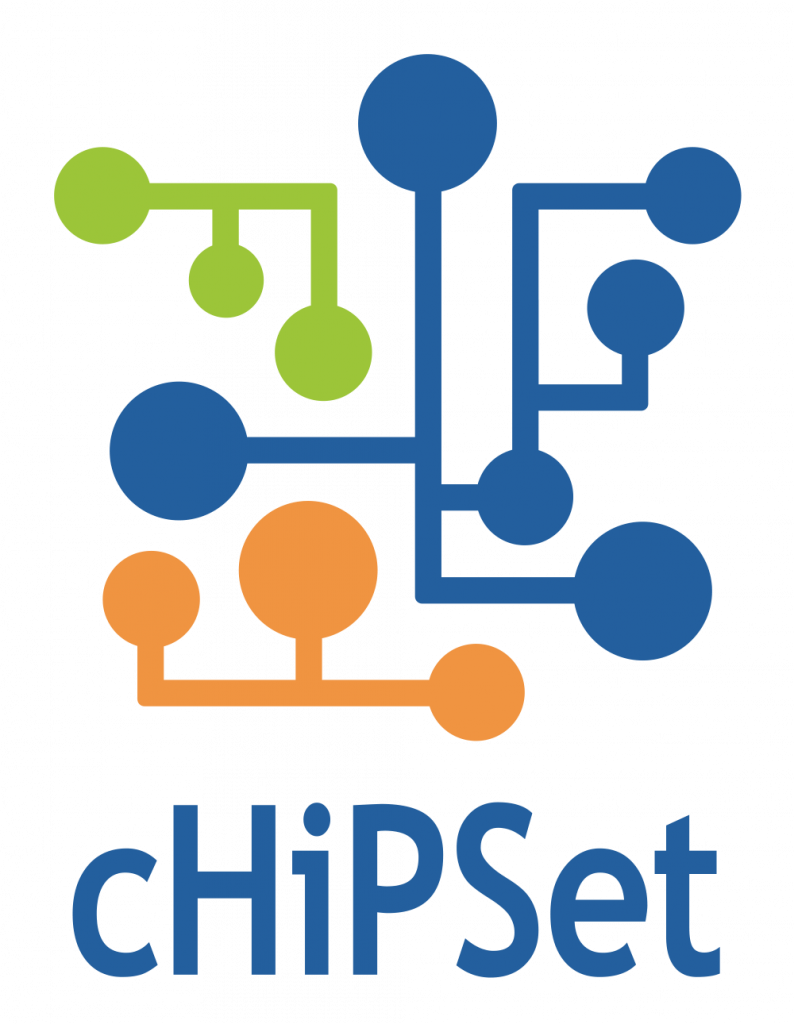This special session is organized as a part of the cHiPSet WG meeting
19 November 2018, Las Palmas, Gran Canaria, Spain
Modelling and simulation in science have become increasingly complex and more demanding for computational and data resources. While some models have hundreds of constraints, some simulations continually generate terabytes and even petabytes of data. As both become more data intensive, storing, computing, analysing, and visualising their associated large data sets have become a major challenge. Consequently, data-intensive modelling and simulation are widely considered key in scientific discovery.
This session is the continuation of the similar workshop organized as a part of the previous cHiPSet meeting in Fontainebleau (France) in March 2019. This time we invited the representatives of the hosting institution and leaders of the Horizon 2020 projects from the hosting country – Spain.
The session should enable collaborative connection among attendees with similar interests.
AGENDA
| 12:00 | Welcome from the Action Chairs and presentation of the invited speakers
|
Action Chair: Joanna Kolodziej |
| 12:05 | Are testing environments ready for cloud-native applications? | Francisco Gortázar |
|
12:15
|
Applied Lambda architectures to deal with Big Data challenges | Jose Evora Gomez |
| 12:25
|
SmartPort: managing massive sensor data
|
Pablo Fernández Moniz |
| 12:35
|
Short Panel Discussion | Moderator: Joanna Kolodziej |
Invited Speakers
 Francisco Gortázar
Francisco Gortázar
Title: Are testing environments ready for cloud-native applications?
Abstract: n recent years, there’s been more and more pressure to ship software faster. Agile methodologies, infrastructure as code, or deployment automation are all approaches that seek to reduce the time required between versions. Being able to maintain this pace without compromising product quality is key. However, quality is still something that is measured with techniques from the past decade, and are in general far away from current practices like cloud environments, containers or serverless architectures. Moreover, they do not consider the distributed nature of modern applications, comprised of different services connected through a network.
We started the ElasTest H2020 project to deal with these challenges and shed light into the behaviour of infrastructure and applications. The ElasTest project can be wired into any infrastructure, collect and visualize data, and perform root cause analysis in the presence of failures, in ways that help the team keep the pace of development and at the same time, maintain high quality standards. The talk will introduce the main features that help teams attain good observability of the system by providing the right abstractions on top of the underlying metrics.
Dr. Francisco Gortázar is a Tenure Professor at Universidad Rey Juan Carlos with more than 12 years of experience in teaching distributed systems and concurrent programming. He has a strong connection with the industry, specifically providing consultancy about cloud and real-time communication technologies, and Continuous Integration and Deployment. Currently he is coordinating the H2020 ElasTest project, where he is researching novel ways of testing cloud infrastructures and applications, and he is involved as well in theOpenVidu project aimed at enabling video-conferencing for modern web applications.
| Files to download (soon) |
 Jose Evora Gomez
Jose Evora Gomez
Title: Applied Lambda architectures to deal with Big Data challenges
Abstract: This talk is oriented to show different challenges that have been addressed using Lambda architectures. First, Lambda architectures are described explaining the main highlights of this approach to deal with data. Then, Big Data challenges that our group has addressed using this architecture are exposed.
José Evora was born in Spain in 1987. He received the B.E., M.E., and Ph.D. degrees from Universidad de Las Palmas de Gran Canaria, Canary Islands, Spain. Currently, he is working in the R&D department of Monentia SL, Las Palmas de GC, Spain, a consultancy company that works deploying Smart City solutions. Dr. Evora is a collaborator of the Institute SIANI that belongs to the Universidad de Las Palmas de Gran Canaria. His main areas of research interest are software engineering, big data, modelling languages, model driven engineering, simulation and artificial intelligence.
| Files for download (soon) |
 Pablo Fernández Moniz
Pablo Fernández Moniz
Title: SmartPort: managing massive sensor data
Abstract: Seaport monitoring and management is a significant research area, in which infrastructure automatically collects big data sets that lead the organization in its multiple activities. Thus, this problem is heavily related to the fields of data acquisition, transfer, storage, big data analysis and information visualization. Las Palmas de Gran Canaria port is a good example of how a seaport generates big data volumes through a network of sensors. They are placed on meteorological stations and maritime buoys, registering environmental parameters. Likewise, the Automatic Identification System (AIS) registers several dynamic parameters about the tracked vessels. However, such an amount of data is useless without a system that enables a meaningful visualization and helps make decisions.
Pablo Fernandez is a Geographic Information Systems (GIS) analyst. Currently working as project manager at the University of Las Palmas de Gran Canaria under the framework of R&D, Smart Cities, GIS and environment science.
| Files for download (soon) |

